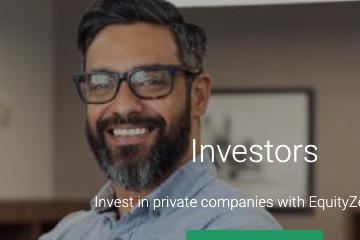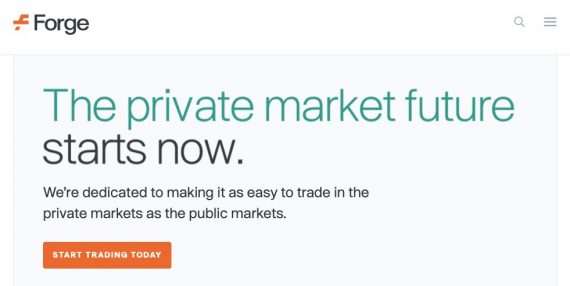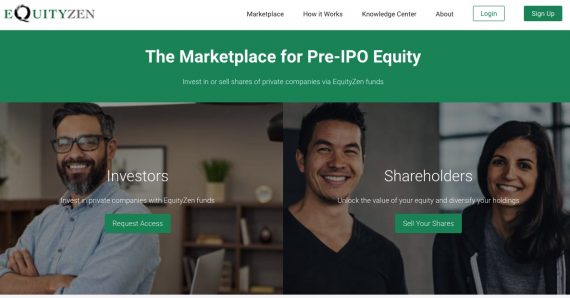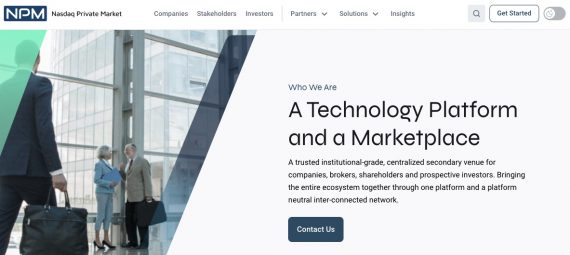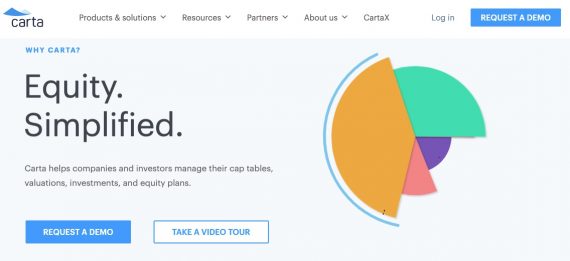Twenty years in the past, it was uncommon for startups, particularly expertise companies, to remain non-public for greater than 4 years. They both filed for an IPO or grew to become acquired, enabling enterprise capitalists, different non-public traders, and workers with inventory choices to money out.
Now, with so many unicorns (non-public firms valued at over $1 billion) and the willingness of VCs and personal fairness corporations to supply a number of rounds of funding, many firms choose to remain non-public for much longer.
Startups develop quickest of their earlier levels, placing these looking for to money out at a drawback the longer an organization stays non-public. With readily-available money, the common startup now goes public after 10 years.
Many startups aspiring to go public in 2022 have postponed, as political and financial information created market turbulence. The choice to remain non-public go away early-stage stakeholders wanting their money in a quandary. Their pursuits usually diverge from firm founders and traders.
Secondary Markets
Secondary markets provide liquidity earlier than an IPO, permitting traders to buy shares from different traders or firm workers reasonably than from issuing firms. These markets, usually working on-line, have grown significantly over the previous 15 years.
Not like the primary-market IPOs, the place pricing is decided beforehand, secondary market pricing focuses on provide and demand. Typically present traders will purchase the shares on the secondary market to extend their stake in an organization.
What follows are 4 secondary market platforms.
—
Forge, based in 2012, is a web-based, pre-IPO fairness market with expertise to calculate and set share costs by means of non-binding, non-public gives from holders, offering a ballpark value for pre-IPO fairness.
Registered traders can use the platform to point curiosity in an organization’s pre-IPO shares and course of a transaction through Forge. The corporate fees a transaction charge of 2-4% and has accomplished over 10,000 transactions.
—
EquityZen, based in 2013, acts as a dealer, arranging transactions between traders and shareholders of personal firms. An organization’s pre-IPO shares are marketed to registered patrons by means of EquityZen’s web site and electronic mail record.
To make use of the platform, each traders and shareholders should qualify:
- Investments are no less than $20,000.
- Firms have a minimal of $50 million in worth.
EquityZen fees a fee of 3-5% for each transaction relying on its dimension.
—
Nasdaq Non-public Market, based as SecondMarket in 2004, was acquired by Nasdaq in 2013. It operates as a software-as-a-service firm, permitting firms and traders to tender gives or share buybacks. Firms can impose tips or restrictions on their pre-IPO fairness and decide tips on how to set the share costs. Nasdaq Non-public Market has organized roughly 15,300 transactions.
To record on the platform, firms will need to have raised no less than $30 million in funding previously two years or have a valuation of $50 million. In addition they will need to have no less than $750,000 in annual internet revenue.
—
Carta launched as eShares in 2012. It gives a spread of companies, together with cap tables (a listing of issued securities and who owns them), valuations, and liquidity. It additionally operates CartaX, an in-house market fashioned in early 2021 to supply larger liquidity to private-company securities. Carta experiences that in 2021, it accomplished 129 secondary liquidity transactions for personal firms, greater than 4 instances the whole in 2020. Transactions elevated from $2.2 billion in 2020 to $7.4 billion in 2021.
Roughly half of the businesses that supplied secondary liquidity in 2021 through Carta had been unicorns primarily situated in California. SaaS and fintech corporations collectively constituted 55% of these transactions.
